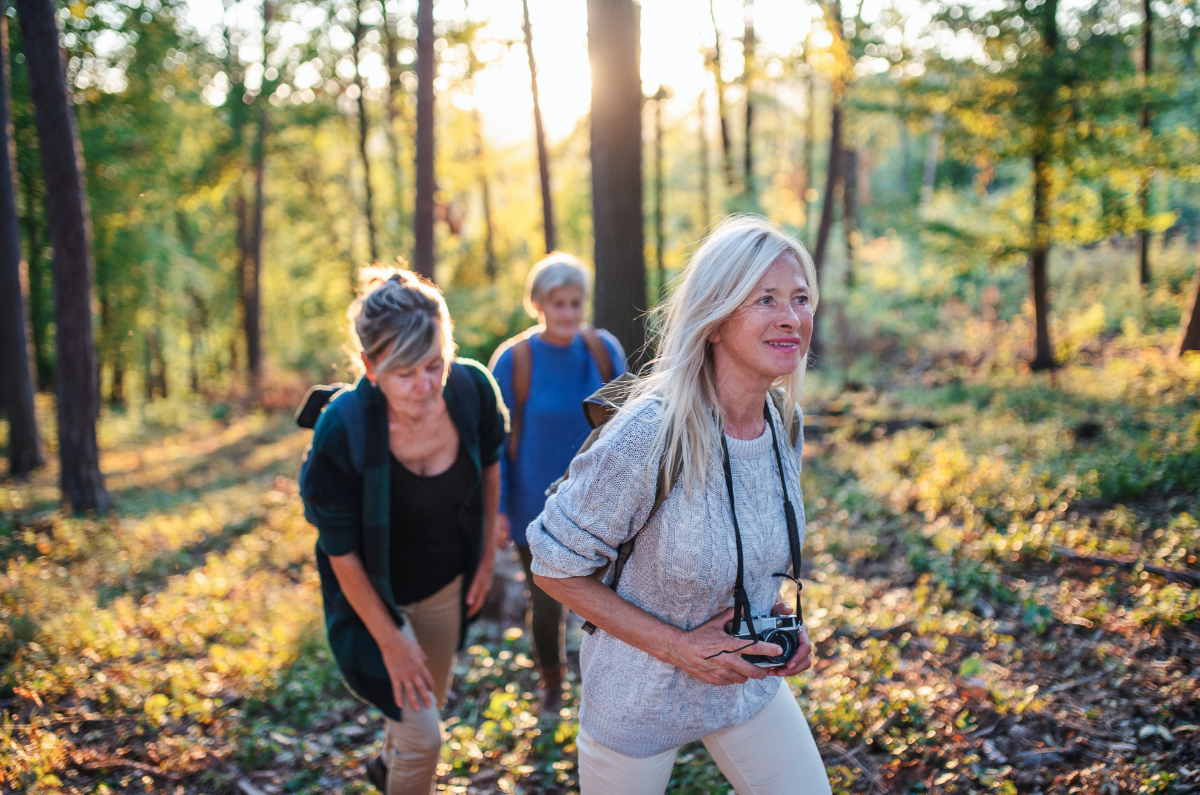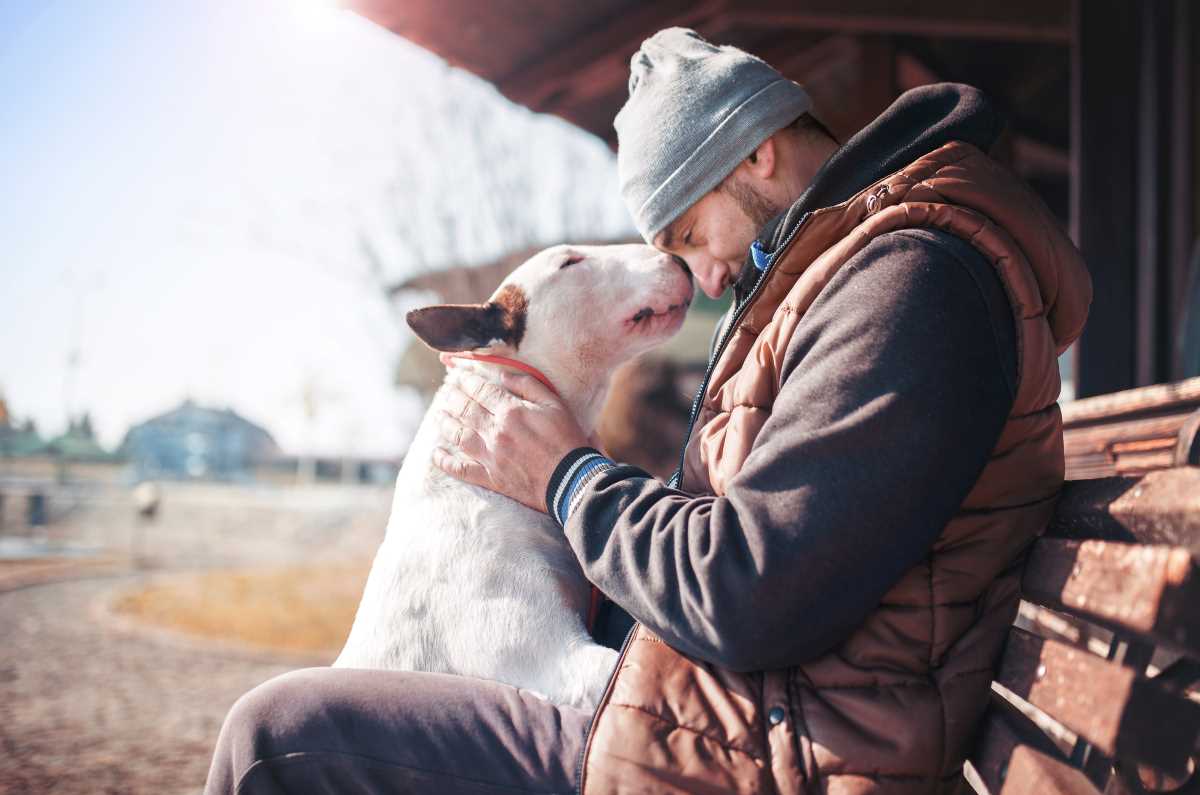“Whooooa, and don’t it feel good!”
Gotta love the eighties and music from bands like Katrina and the Waves, right?
And even though we’re no longer in the depths of winter and you can imagine the summer sunshine just around the corner, I’m in Melbourne as I’m writing this and I’m a bit chilly from the quick walk I took round the block. Now back at my desk, I’m certainly feeling brighter than I did 15 minutes ago! Especially with the tune of that song stuck in my head.
While I was out I couldn’t help but notice how many people were also out for a stroll. It seems that everyone’s rediscovered walking now that the clouds are parting and the tempreture is set to rise.
Walking is one of the most positive things to have lingered post the pandemic with people contiuing to put on their walking shoes and hitting the paths. Walking is such a great way to exercise. It costs nothing, it’s suitable for most people, and it gets you out and about.
It’s a fantastic way to wind down after a long day of work. It can help you relax, especially if you’re feeling stressed or anxious.The fresh air, the exercise, and listening to something interesting – your family, a friend, a podcast or music – it’s a great way to boost your mood.
If you don’t exercise much, walking might be a good way for you to build up your activity levels – though be sure to talk with your doctor first to get the all-clear. Then start slow.
Try walking 30 minutes a day on most days of the week and you’ll really notice the health benefits. It can help you manage your pain, lose weight or maintain a healthy weight, it can lift your mood, help you get a good night’s sleep, improve your bone and joint health and increase heart and lung fitness.
If you can’t walk 30 minutes at a time, break the walking up over your day. Three 10 minute walks, six 5 minute walks…it all adds up.
And if 30 minutes most days isn’t achievable for you at the moment, set yourself a goal so that it becomes achievable. Think about your daily commitments, your level of fitness, your pain/fatigue levels and all of the other things that affect you day to day. Now create a SMART goal. That’s a goal that is Specific, Measurable, Achievable, Realistic and has a Time-frame that works for you. Read our blog about goal setting for more info.
Walking tips
- Wear comfortable, appropriate clothing and shoes. Your shoes should support your feet and have a non-slip sole. Clothes should be loose and/or stretchy enough to allow you to walk without restrictions. And don’t forget a hat on sunny days.
- Warm up and cool down to prevent injuries or pain. While you might be eager to just get out there it’s important that you take the time to let your muscles and joints warm up. And when you’re close to finishing your walk, take the time to slow it down and give your body the chance to cool down. Don’t forget to incorporate some basic stretches after you’ve warmed up and after you’ve cooled down. Check out these ones from the Arthritis Foundation (USA).
- Make it social (if you can) – walk with a friend, your family, kids, the dog.
- Listen to music, audio books, podcasts. Going for a walk by yourself gives you space for some alone time. Listen to something that interests you and relax as you get some exercise.
- Make walking a part of your regular routine. Go at the same time each day – e.g. before/after work, after lunch.
- Be mindful while you’re walking. Really take time to be in the moment and experience the walk. How do your feet feel as they connect with the ground? What can you smell? How does the wind feel on your face? This is an opportunity to really connect with what you’re doing and savour every moment.
- Explore new places. Visit new walking trails, parklands and suburbs. Mixing it up will make your walks more interesting. Comedian and radio host Tony Martin and his partner have spent more than 10 years exploring the streets of Melbourne, with the goal to walk every single street! While your goal doesn’t need to be this challenging, it may inspire you to use google maps or your GPS to discover new and interesting places to walk.
- Take a water bottle – it can be thirsty work! And depending how far you’re walking, consider taking a small backpack for your water bottle and any other supplies you think may need such as snacks, a map, band aids (just in case) and your phone.
- Track your walking with a pedometer or fitness activity tracker. This’s a great way to see how you’ve progressed over time. And many of the walking apps allow you to challenge others, so if you can’t physically walk together, you can in spirit.
- Increase the distance and intensity of your walks over time. To see the health benefits from your walking, you need to push yourself to go further and harder.
- And if you catch the walking bug (that sounds a little gross but you know what I mean), consider joining a walking or bushwalking group. You’ll meet other people who love walking, explore new places together and get lots of tips and advice to make your walking more enjoyable and challenging.
Contact our free national Helpline
If you have questions about your musculoskeletal condition, treatment options, telehealth, managing your pain or accessing services be sure to call our team. They’re available Monday to Thursday between 9am-5pm on 1800 263 265; email (helpline@muscha.org) or via Messenger.
More to explore
This isn’t an exhaustive list, but just some of the sites that provide useful info about different walks and trails in Australia.


















